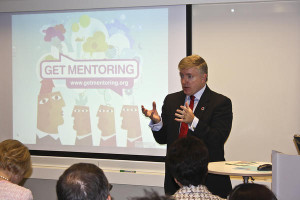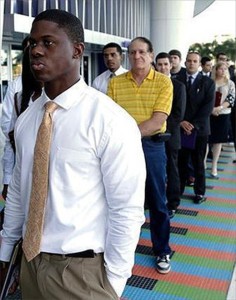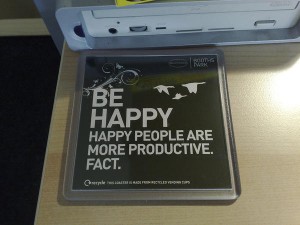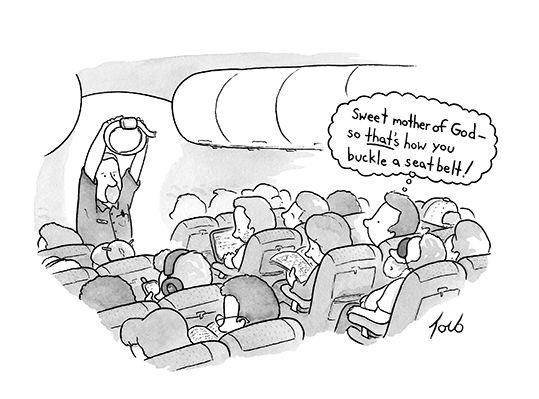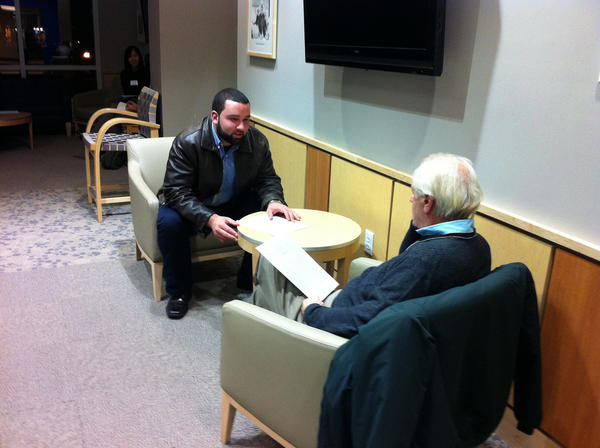When you pause a few moments to think about it, consider just how great it would be to sit down with one of the most well-known leaders of all time. Wouldn’t that be incredible?
I would never put myself out there as that level of leader for a moment. But, I know that what everyone wants is that sense of a 1-on-1 dialog and they want that intimate relationship that is built through the kinds of conversations that occur over an extended period of time.
What is the Vision?
My vision is to create that kind of mentoring relationship where we are handcrafting leaders in small batches and not stamping them out in a factory automated format. One size has never fit all. And building more Emotionally Agile Leaders is an artisan process rather than a mass-production process.
Leadership is modeled. It is not taught. Leadership must be lived out and demonstrated before our protégés eyes to be able to impact followers and impact those who would yearn to be a leader too.
Mentoring is not a mass production process. It is done more in the style of an artisan or craftsman who painstakingly creates a work of art one at a time over a substantial period of time.
It is no accident!
Click here to read the rest of the article »




